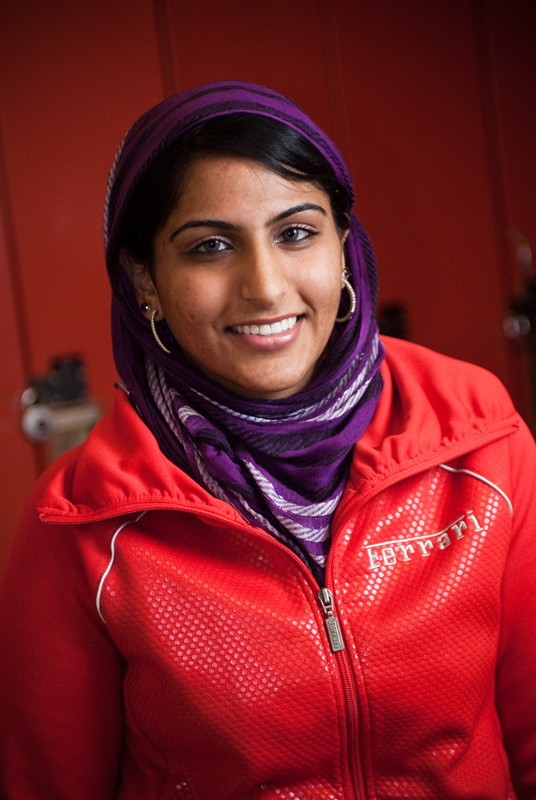Pioneers in saving lives
Canadian Blood Services’ Youth Council operates donor clinics on campus
In three short years, the inaugural Canadian Blood Services’ Youth Council has collected hundreds of blood units and saved lives by targeting students at the University of Winnipeg.
In fact, the Youth Council, the first of its kind in Canada, has been so successful in recruiting donors that other universities around the country are following their model.
“The U of W and University of Manitoba groups were the experiment groups,” said Asima Mian, U of W student and member of the U of W Canadian Blood Services Youth Council.
“After the first year of operating, our results went to Canadian Blood Services in Ottawa and we became official across Canada as an actual committee. We also opened up a national Facebook page for every committee across Canada to (join).”
The 12-member group arose from the Young Blood for Life program started in high schools across the province.
According to Tracy Lamoureux, Canadian Blood Services community development coordinator, taking one Grade 11 and one Grade 12 student into a training donor recruitment program and then sending them back to their high school to implement what they learned left participants wanting more.
“(The founders of the U of W Youth Council) wanted to take what they’d learned to university with them,” she said.
Seeing a need to sustain the donors they recruited in high school, the Youth Council then began opening clinics at the U of W and U of M.
“For the first year (2008) we sustained the numbers of our donors from high schools from 2007,” Mian said. “Last year we improved and received 305 units. This is our third year now and we’re trying to put more awareness out.”
Canadian Blood Services is always looking for people to donate blood through running drives like the one hosted in the U of W’s Duckworth Centre last week.
Lamoureux states that less than 4 per cent of Canadians give blood, when more than half have needed blood or have a family member who has needed blood.
“The number one reason why people don’t donate blood is because they were never personally asked,” said Lamoureux. “One in two people are eligible to give blood, one in 60 actually give blood. If your friend asks you to give blood, you’re more willing to do so.”
Evelyn Abbott is a second-year science student at the U of W and sees the importance of giving blood.
“I tried to donate last year but I wasn’t eligible because of two of the restrictions,” Abbott said.
The Canadian Blood Services has a list of restrictions to avoid diseases that can be contracted through the sharing of blood. Those restricted include men who have sex with other men and, most recently, those diagnosed with XMRV, which is linked to chronic fatigue syndrome.
Strict rules may discourage some from donating, but Mian expects bigger turnouts than ever in upcoming drives.
“The numbers should speak for themselves but many people don’t realize the impact (donating) may have,” Mian said. “Getting six new donors in the past year is more than just progress, six new donors means 18 more lives saved.”
Visit www.blood.ca for more information on donating.
Published in Volume 65, Number 13 of The Uniter (November 25, 2010)







